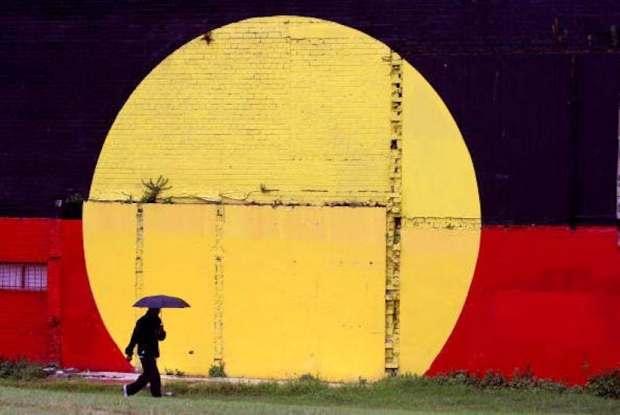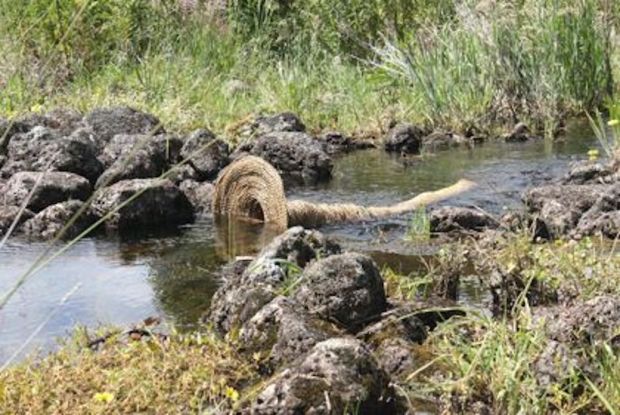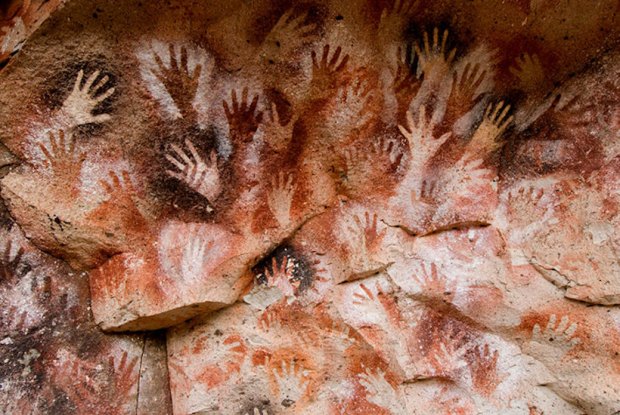The news that campaign and gallantry medals will be stripped from a bevy of middle-ranking officers over allegations of war crimes in Afghanistan, but that senior officer’s chest decorations were safe, was greeted with predictable contempt by many. As a former professional Army officer and Vietnam veteran, I share that contempt.
But this episode is symptomatic of a wider malaise in the Defence Force that has been building up over a number of years and whose genesis occurred when the current crop of Generals were themselves middle-ranking officers whose values, actions and, indeed, inactions would have contributed to the culture whose rewards we, or rather young veterans and service people, are now reaping.
Let me begin with the Brereton Report. Major General Brereton has met with much criticism and disbelief on the part of some conservative commentators, in a classic case of shooting the messenger. But Brereton is a senior officer who has dedicated much of his life to the Army. It is inconceivable to me that he would make findings, extremely damaging to the Army and individual soldiers, without being damn sure in his own mind that there was a case to answer.
Many commentators have said that, as someone who has never been on the battlefield, Brereton has no right to judge those who have. This is a ludicrous argument. It would mean that soldiers are a law unto themselves.
The late Brigadier Bill Rolfe retired from the Army many years ago as the Director General of Army Legal Services. But prior to embarking on a career in law, Bill was an infantry platoon commander in Vietnam where he lost both his legs in a mine incident. He, of anyone, would have the right to judge what went on in the battlefield. I knew Bill well and I am convinced he would never have regarded shooting unarmed prisoners as acceptable because it took place in the ‘heat of battle’.
The release of the Brereton Report was badly mishandled but that was down to the then Prime Minister and CDF, not Brereton himself. Interestingly, the only person who emerged with any credit from this fiasco was then Defence Minister Peter Dutton who overturned the decision of the CDF to withdraw the Afghanistan Meritorious Unit Citation from 2 Sqn SASR.
There will always be atrocities committed on the battlefield. Some of them very minor – such as disrespecting enemy dead by, say, drinking beer out of a prosthetic leg – which would be handled by the local commander in some summary fashion and then forgotten. Unless it re-occurred. This approach would be taken both in consideration of the stress a particular soldier might be under and in the interests of unit morale and cohesion.
But what Brereton reported appears to be a more systemic culture of not only tolerating but encouraging such actions. That many of these incidents came to light because of whistleblowers in the unit itself, suggests that the ‘heat of battle’ argument does not hold water. And moreover, that these actions – apart from being illegal – did threaten unit cohesion and morale.
I don’t want to dwell too long on this, as I have other ground to cover. Let me just point out that responsibility stops at the top. Senior commanders cannot be held responsible for each individual atrocity that happens under his command. But he cannot escape responsibility for a massive failing that he should have known about (maybe even contributed to in his earlier postings) and for which the CEO of any corporation would be forced to fall on his sword.
Which brings me to the issue of veteran suicide, also in the news right now. As I understand it, the report finds that many, if not most, of the suicides are related, not to war service, but to a culture of bullying and sexual harassment/assault both overseas and in Australia. This does not sound like the Army I knew, whose members, although many prided themselves on being a cut above the average civilian, lived their service under the same standards of behaviour as the general population. That is to say, they were not perfect, but neither were they socially dysfunctional.
By the same logic I argued above, senior Defence officers cannot escape responsibility for systemic failure of his nature. PTSD, like death, is an unavoidable consequence of war. It should not be an unavoidable consequence of merely serving.
As to war service, my belief is that many, if not most, of the suicides directly attributable to war service, are the result of a misuse of our Special Forces, allowing them to do all the heavy lifting over decades. It was not uncommon for the same soldier to serve six or more operational deployments, sometimes with only months in between. This was because it was easier to call on these warriors to fulfil a notional commitment to our allies – a fig leaf if you like – than it was to establish a conventional fighting capability with real teeth, as we did in the Vietnam War.
SAS squadrons don’t win wars. Infantry battalions, as part of a balanced all-arms formation, do.
Even in a largely counter-insurgency situation like Afghanistan, a normal infantry battalion could carry out with ease most of the operations that the SAS undertook there. I remember the late Senator Jim Molan, also a friend of mine, making this point repeatedly, both as a retired officer and as a Senator. It was the duty of Defence chiefs to resist political pressure on this point. Even if you believe that deployment of Special Forces was an appropriate and sufficient response to our alliance obligations, Defence chiefs should have refused to conform unless they could be guaranteed properly trained manpower in sufficient numbers as to avoid placing a few dedicated soldiers at severe risk of PTSD.
DVA is, of course, part of this problem. I am a client of DVA and personally I cannot complain about their service. However, that cannot be said for the many survivors of veterans who have taken their own lives. I do not personally know any of these people, But DVA failure is not confined to the issue of suicide. My brother, a recently retired dermatologist, tells me that dealing with DVA is a nightmare for a medical practice:
If I saw a patient with a White Card and he was covered for ‘sun damage’ and he needed surgery for a skin cancer, which is pretty obviously an extension of sun damage, DVA would refuse to pay our bill unless we had contacted them and got permission to go ahead. The staff spent ages on the phone trying to sort it out for the veteran. And finally, some clerk, whose knowledge of medicine doesn’t bear thinking about, would finally pontificate and give us the go-ahead. It used to drive our staff to distraction.
I had one patient, a White Card holder, who developed a very severe cancer which had spread to his internal organs. This particular cancer is a result of sun exposure, and this chap was looking at imminent death. The oncologist had to go to DVA to plead the veteran’s case so that he could get new treatment. DVA wanted to argue his cancer could not necessarily be attributed to sun damage. Many phone calls and email later they finally agreed to the treatment.
Certainly, DVA has a responsibility to responsibly manage the funds at its disposal, but this penny-pinching looks decidedly grotesque, given the frivolity with which the NDIS dispenses its, apparently unlimited, largesse.
Further on DVA, a few years ago they launched an initiative called Veteran’s Wellness Centres to be set up in Defence heavy regions. It is a one-stop shop for veterans to have easy access to all the services to which they are entitled. One was proposed (it’s now in operation) at Nowra and, as a member of one of the local RSL Sub-Branches, I was aware of the negotiations that took place between DVA and RSL NSW. The RSL was invited to set up and operate the Nowra facility. A grant of $5 million was provided to acquire the facility and get it running. After that it’s up to RSL to fund the ongoing operation. Not to put too fine a point on it, that sounds like DVA outsourcing its obligations very much on the cheap.
Why, you might ask, am I talking about DVA in an essay which is essentially about the failings of the Defence Department?
Let me explain. Warrant Officer Class One Wally Thompson was the Regiment Sergeant Major of the Fourth Battalion, Royal Australian Regiment, in which I served in Vietnam. He was widely liked and respected and retired as the RSM of the Army. After his retirement, we met on one ANZAC Day, where he remarked that he felt it was incumbent on even retired officers to support their diggers who marched, by themselves marching. Not every officer would agree with that, but most retired officers still feel an obligation to their diggers throughout their lives. How then should we regard still serving senior officers, who seem content to leave the welfare of no longer serving diggers to a civilian bureaucracy? Do they not have a duty to keep DVA accountable? Do they have a duty to be aware and reactive when DVA fails? Maybe there is a standing committee, including a DVA representative, within the absurdly named Defence People Group to identify and address problems before, or at least as soon as, they occur. If there’s not, there damn well should be.
Finally, let me address the issue of capability. I don’t need to delve too far into this because Greg Sheridan has done my work for me, over recent years, in fully exposing our weakness in this area. We could not send a ship to the Middle East to assist in combating Houthi attacks on shipping. We have virtually no drone capability. Go to the Defence website and search ‘drone’. What you will get is 17 articles on drone racing before one which touches on operational use of drones. Here I will leave capability in Sheridan’s capable hands apart from two observations.
The first relates to strategic fuel reserves. Having them offshore at the mercy of another government defies common sense. If we can build a nuclear submarine in Australia – ‘if’ being the operative word – surely, we can maintain a refining capability in this country.
And if, as is reported, the Defence Force cannot recruit and retain sufficient personnel to, for example, man the few remaining ships we do have, isn’t it time we revisited the idea of national service? It’s a contentious topic but it’s a bit like nuclear energy. We should at least seriously float the idea and get the discussion moving. We may well be forced to it sometime in the not-too-distant future.
Finally, having earlier defended General Brereton, let me now disagree with him that the medals of senior commanders should be safe. It can be the case that the Distinguished Service Cross is awarded to some not for gallantry in the field e.g., an act of bravery under fire, but for overall command of the theatre. A theatre in which the recipient spent very little actual time.
But the Brereton Report is only the tip of the iceberg. These senior Defence officers have, over the past couple of decades, presided over a disaster on multiple fronts. Medals shouldn’t be the only circular objects they should be required to forfeit. Those other objects are three-dimensional.

























